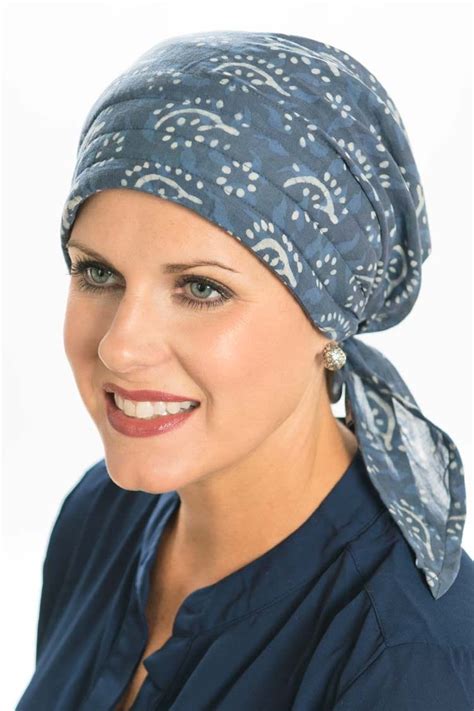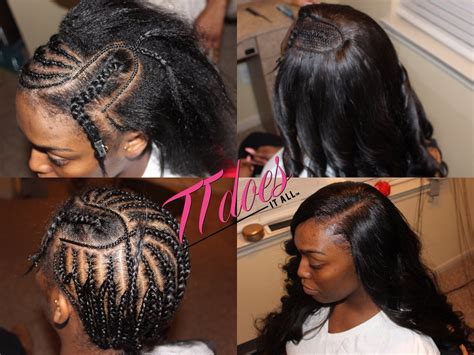Introduction

Sew-in braids, a versatile hair extension technique, offer endless possibilities for achieving unique and captivating hairstyles. This comprehensive guide will walk you through the intricate steps of creating a sew-in braid pattern, ensuring a seamless and long-lasting result.
What is a Sew-In Braid Pattern?
A sew-in braid pattern refers to the specific arrangement of braids cornrowed into the natural hair. These braids serve as the foundation for the extensions to be sewn in. The pattern you choose will determine the overall look and style of the final result.
Choosing and Creating the Braid Pattern
Identify Your Hair Type and Texture
The type of hair you have will influence the most suitable braid pattern. For instance, fine and thin hair may require a tighter pattern with more braids, while thick and coarse hair can handle wider braids and less density.
Consider the Desired Style
Different braid patterns create distinct styles. A straight-back pattern results in a sleek and polished look, while a zigzag or spiral pattern adds volume and texture. Decide on your desired style before starting the braiding process.
Master the Braiding Technique
To achieve a secure and uniform braid pattern, practice the cornrowing technique. Start with small sections of hair and gradually increase the size as you gain proficiency.
The Step-by-Step Guide to Sewing in Braids
Materials Required:
- Hair extensions (weft or bulk)
- Thread and needle
- Curved or C-shaped needle
- Scissors
- Rattail comb
Instructions:
1. Protect Natural Hair: Apply a leave-in conditioner or hair serum to the natural hair for moisture and protection.
2. Section and Braid: Divide the hair into smaller sections and cornrow the hair according to your chosen pattern. Secure each braid with an elastic band.
3. Attach the Extensions: Using the thread and needle, attach the hair extensions to the cornrows. Stitch the weft or bulk along the inner side of each braid, ensuring a firm and even grip.
4. Trim and Style: Once all the extensions are sewn in, trim any excess hair. Style the braids and extensions as desired.
Benefits and Importance of a Well-Executed Braid Pattern
A meticulous braid pattern offers numerous benefits:
- Long-Lasting Style: A properly executed braid pattern provides a sturdy foundation for the extensions, ensuring they stay in place for extended periods.
- Versatile Styling: The pattern you choose allows for a wide range of styling options, from sleek ponytails to voluminous buns.
- Scalp Protection: A well-made braid pattern distributes the weight of the extensions evenly, preventing strain on the scalp.
- Damage Prevention: The cornrows protect the natural hair from breakage caused by tension or excessive manipulation.
Common Mistakes to Avoid
- Loose Braids: Ensure the braids are tight enough to hold the extensions securely without causing discomfort.
- Uneven Spacing: Maintain consistent spacing between the braids to prevent uneven distribution of the extensions.
- Poor Thread Choice: Use thread that matches the color of the hair extensions for a more natural appearance.
- Insufficient Extension Length: Purchase extensions that are at least 6 inches longer than your natural hair to create a flattering and proportionate look.
- Overcrowding: Avoid cramming too many extensions into each braid, as this can result in bulkiness and uncomfortable weight.
FAQs
1. How long does a sew-in braid pattern last? With proper care, a sew-in braid pattern can last 6-8 weeks.
2. Can I create different braid patterns myself? Yes, with practice and patience, you can master various braid patterns and achieve different styles.
3. How often should I readjust the braid pattern? It is recommended to have the braid pattern tightened every 2-3 weeks to ensure its longevity and prevent slippage.
4. Is a sew-in braid pattern suitable for all hair types? Sew-in braids can be adapted to most hair types; however, it is essential to consult with a hairstylist for personalized advice.
5. What is the average cost of a sew-in braid pattern? The cost varies depending on the hair type, length of extensions, and skill of the hairstylist. On average, a sew-in braid pattern ranges from $200-$400.
6. Can I wash my hair with sew-in braids? Yes, you can wash your hair as usual. Protect the braids from tangling by braiding them before washing and conditioning.
7. What is the best way to remove a sew-in braid pattern? It is suggested to have a professional hairstylist remove the sew-in braids to prevent damage to the natural hair.
8. How can I ensure the health of my hair while wearing sew-in braids? Maintain a healthy scalp by washing regularly and moisturizing. Use a gentle brush to avoid breakage and promote growth.
Conclusion
A well-executed sew-in braid pattern is the key to achieving stunning and long-lasting hairstyles with hair extensions. By following the steps outlined in this guide, you can create a foundation that supports a variety of styles while protecting your natural hair. Whether you seek a chic updo or cascading curls, a sew-in braid pattern empowers you to transform your look with confidence and style.
